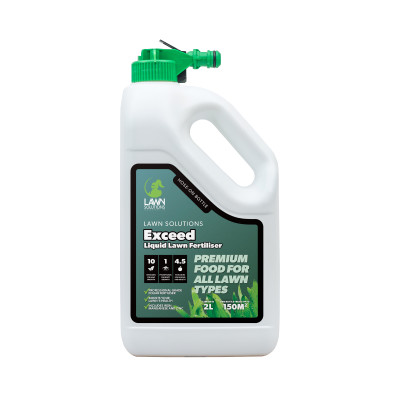STRI LEADING THE WAY IN ELITE SPORTS SURFACES
Through its joint venture Aspire Sports Turf, STRI has put its sports turf and elite event expertise to good use to ensure FIFA standards are met at all World Cup venues in Qatar.
In 2015, the Aspire Zone Foundation in Qatar were looking to bolster their expertise in sports turf and engaged STRI Group to help. Aspire Sports Turf (AST) was then born – the joint venture between the two organisations.
In the months following introduction to the market, AST were awarded two major contracts; the maintenance of all sports facilities managed by the Ministry of Culture and Sport in Qatar, and the design, construction supervision and maintenance supervision of all pitches for the Qatar 2022 World Cup on behalf of the Supreme Committee for Delivery & Legacy (The SC).
AST’s team comprised of multidisciplinary individuals with world class experience in sports turf consultancy from New Zealand, Australia, and the UK. AST’s research capabilities were bolstered by Carlos Sartoretto, who moved from South America to join the team, and later became Research and Business Development Manager at STRI Australia.
The team at AST continued to grow as the stadium pitches and training sites went from design and research, to construction, grow-in, turf management and tournament delivery. What began as a small team of four is now over 60.

The Challenges
Climate presented a considerable challenge in preparing elite level turf surfaces. Qatar is one of the driest countries on the planet, with less than nine rainy days per year and average highs of 41 degrees Celsius.
An understanding of these conditions resulted in moving the tournament from its usual summer slot to November and December, meaning that it would be staged over a shorter window of time than usual (28 days). This, paired with the fact that there would be eight host stadiums rather than the standard ten, meant that the pitches needed to be designed to withstand significantly more play than previous World Cups.
The climate, and the fact that this is the first ever World Cup in the Middle East, also brought several unique and significant challenges to the design and delivery. To mitigate this, AST built a research facility on site to carry out meticulous testing and ensure that the demands of the Supreme Committee for Delivery and Legacy were met.

The Solution
The research facility provided vital knowledge ahead of the construction of a turf farm on the outskirts of Doha. It enabled extensive studies into optimising turf quality for the tournament, as well as identifying the most efficient and sustainable water management practices to be used in that specific climate, by replicating trials that would ordinarily have taken place at STRI’s research facilities in the UK and Australia.
The research also helped to establish the signature pitch design to be used at the Qatar World Cup, a unified design to be used across all venues to ensure maximum consistency of surface characteristics. In addition to pitch design, AST also defined the specifications for construction and liaised with the Supreme Committee and other stakeholders for approval on all aspects.
Following this, the Supreme Committee put the construction project out to tender and split the construction between various local businesses to reduce the build time. Consistency was ensured as all companies were working to the exact same design and specification, as well as the supervision and management of the construction being overseen by AST itself.
Running parallel to the early phases of the journey, AST also ran an educational programme, which became the Qatar national training programme for all turf construction and management. The research facility was a focal point for the educational programmes, aimed at upskilling contractors who had limited experience of elite sports surfaces due to lack of demand in the country previously. This training programme ensured that all contractors were trained and accredited by AST prior to any work taking place, enabling them to deliver pitches to the exact specification, and arming them with valuable transferable skills for the future.
Following completion of the research, design, construction, and maintenance phases, AST will now move into the delivery phase for the tournament itself. This will focus on implementing a team of high-end consultants to ensure elite standards are in place for such a prestigious event.

The Project in Summary
- All pitches delivered in line with the FIFA World Cup Qatar 2022 Sustainability Strategy
- Stadiums ready in line with Supreme Committee’s timings
- Pitch designs in place which mitigate extreme climates and meet elite standards required for the World Cup
- Research facility now being used for a wide range of projects from across the world
- Aspire Sports Turf continuing to operate in Qatar, using skills gained on sports facilities managed by Ministry of Culture and Sport



